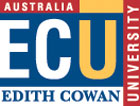Bachelor of Technology (Engineering) - Civil

学历文凭
Bachelor Degree

专业院系
Engineering and Technology

开学时间

课程时长

课程学费

国际学生入学条件
AQF Cert IV,
Successfully completed 0.25 EFTSL of study at bachelor level or higher at an Australian higher education provider (or equivalent),
International Baccalaureate Diploma - Minimum of 24 points consisting of aggregate from 3 higher level & 3 subsidiary level.
IELTS Academic - Overall band minimum score of 6.0 (no individual band less than 6.0).
TOEFL iBT - Minimum score of 70, with no individual score less than 17
TOEFL paper-based test (PBT) - Minimum score of 550, including Test of Written English of 5 or better.
IDP—雅思考试联合主办方

雅思考试总分
6.0
- 雅思总分:6
- 托福网考总分:70
- 托福笔试总分:550
- 其他语言考试:Pearson English Test (PTE) Academic - 52 with no scores less than 50.
CRICOS代码: 083190B
申请截止日期: 请与IDP联系 以获取详细信息。
课程简介
相关申请
 预科
预科 奖学金
奖学金 实习机会
实习机会 在校学习
在校学习 跨境学习
跨境学习 校园授课-线上开始
校园授课-线上开始 在线/远程学习
在线/远程学习
开学时间&学费
学费信息仅供参考,请与IDP联系以获取详细信息
| 开学时间 | 时长 | 学费 | 地点 |
|---|
学校排名

世界排名501
数据源:
泰晤士高等教育世界大学排名
关于伊迪斯科文大学

埃迪斯科文大学(ECU)创建于1991年,是澳大利亚一所现代化的院校,因开设具有超前思维的先进课程而闻名,致力于帮助其学生为满足未来社会的需求做好充分准备。在''2024年优秀大学指南''(Good Universities Guide)中,该校的教学质量被评为五星级。该校已连续17年获得此成绩。埃迪斯科文大学位于西澳大利亚州首府珀斯,因规模庞大的古岩层景观、世界一流的酒庄和数千英里有着温暖清澈海水的沙滩而闻名。这是一座充满活力的城市,经济发展迅速,有大量旅游胜地和活动供学生去探索。埃迪斯科文大学开设有250多门课程。该校与专业合作伙伴共同开发了这些课程,确保课程内容始终与行业需求相关。许多课程包含职业模块、实习和小组项目,培养学生优秀的批判思考能力,使该校毕业生受到未来雇主的青睐。埃迪斯科文大学还因提供必要的支持服务而闻名,旨在确保其3.1万名学生的学术能力和个人能力得到全面发展。该校提供奖学金和助学金,还有一个积极活跃的学生会。学生会经常举办社交活动,并成立了很多俱乐部和社团,学生可以自由选择参加。该校营造了一个热情的学生社区,拥有由来自100多个国家的约6000名国际学生组成的充满活力的多样化学生群体,国际学生满意度指标得分很高。
本校相关课程

理学学士(物理学)荣誉
学历文凭
Bachelor Degree with Honours
开学日期
课程费用总额


文学士(艺术管理)
学历文凭
Bachelor Degree
开学日期
课程费用总额

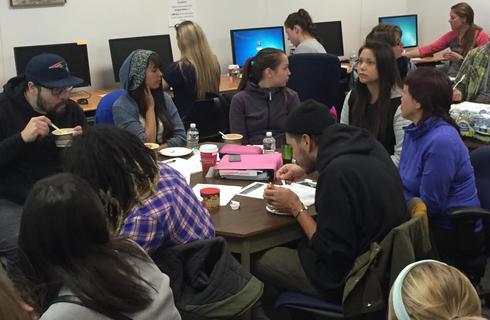
教育领导力研究生证书
学历文凭
Graduate Certificate
开学日期
课程费用总额

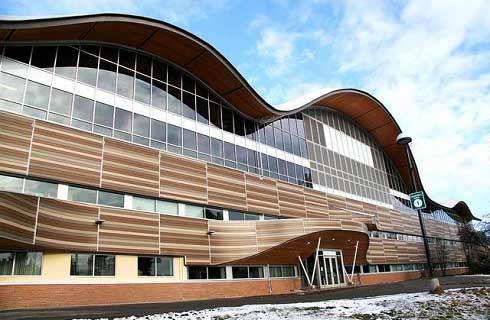
公共卫生研究生文凭
学历文凭
Graduate Diploma
开学日期
课程费用总额

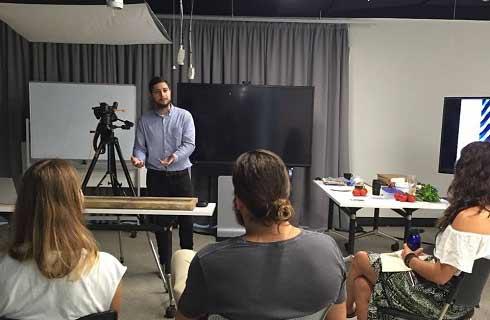
工程科学学士
学历文凭
Bachelor Degree
开学日期
课程费用总额


语言病理学学士
学历文凭
Bachelor Degree
开学日期
课程费用总额

其他相关课程

Bachelor of Technology (Engineering) - Civil
 伊迪斯科文大学
伊迪斯科文大学学历文凭
Bachelor Degree
开学日期
课程费用总额


PhD in Transport Studies - Digital Futures
 利兹大学
利兹大学泰晤士高等教育世界大学排名:118
学历文凭
Ph.D.
开学日期
课程费用总额

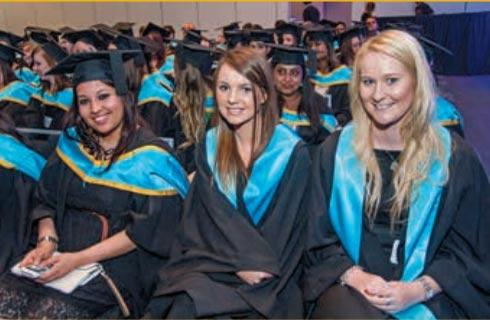
工程学硕士-运输工程(MESTU-TRAN-T3MES)
 奥克兰大学
奥克兰大学学历文凭
Masters Degree (Taught and Research)
开学日期
课程费用总额


Bachelor of Engineering (Honours) / Bachelor of Science Conjoint - Civil Engineering
 奥克兰大学
奥克兰大学学历文凭
Dual (Conjoint) Degree
开学日期
课程费用总额

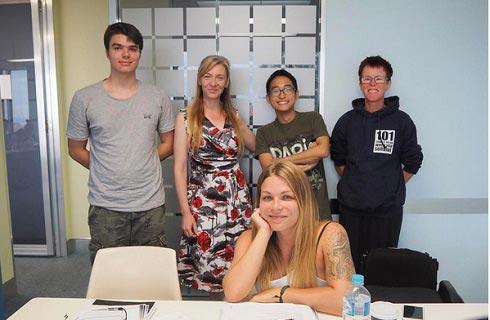
土木建筑设计高级文凭
 西澳大利亚州职业技术学院
西澳大利亚州职业技术学院学历文凭
Advanced Diploma
开学日期
课程费用总额


MPhil Civil Engineering
 伯明翰大学
伯明翰大学泰晤士高等教育世界大学排名:99
学历文凭
Masters Degree (Research)
开学日期
课程费用总额









